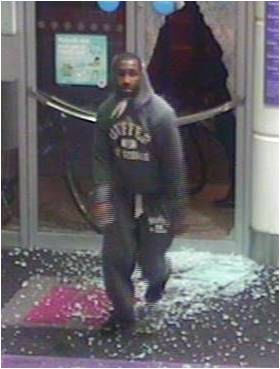Governments should not have the power to censor social media channels.
Author and sociologist, Malcolm Gladwell wrote a seminal article for the New Yorker in May 2010 on “Why the revolution won’t be tweeted” on social activism expressing via social networks. His argument was that social networks are all about week ties, whereas heavy-duty social revolutions like the black civil rights movement in the US, required strong, real world ties to succeed, as they involved matters of life & death.
Gladwell’s article was prescient for a real “life & death” revolution ignited by social media – by only 8 months. It completely refuted Gladwell’s postion, partly through the extreme action from the Egyptian government, which did the unthinkable and shutdown the Egyptian Internet on 27 January 2011, blacking out 80 million Egyptian users. It took 5 days for the internet to be restored and 18 days for the regime to fall. This was partly due to the efforts by the international media, and the international social media community including platform owners such as Twitter and Google who came out in support. Twitter with a freedom of expression, “tweets must flow” manifesto, and Google with a voice to Twitter service https://twitter.com/#!/speak2tweet launched on January 31 to help users deal with the Internet blackout. People could leave a voicemail to express what was going on, and it was be tweeted out with relevant #egypt hashtag.
Fast forward to August 2011 and the London riots, we’re witness to the same effect as in Egypt: mass mobilisation of a grass-roots socio-political movement via social channels. Only this time, it was for both evil and good. The rioters themselves using Blackberry’s proprietary social messaging network and Twitter, to do “bad”; and those using social channels to do “good”: the affected citizens to see where trouble was brewing to get out of the way, the guy on bike tweeting out verified reports on rioting in Bristol, to the London police on Flickr calling for help to identify the rioters, and community minded citizens to rally helpers to clean up the mess.
I was horrified to read UK’s Prime Minister David Cameron was considering blocking social media networks because of their role in the UK riots. Blaming social networks for the speed and ease of communications, and blocking them, is the digital equivalent of shooting the messenger.
Twitter’s position of “tweets must flow” is the central tenet of its network. Twitter doesn’t censor individual tweeter’s content, and that’s its power as a public social channel. Meanwhile, Blackberry’s PR crisis continues to build with hackers blackmailing RIM to keep the riot messaging logs out of police hands.
For British politicians to block or attempt to censor social channels, they are exhibiting the same traits as Egyptian’s totalitarian regime. I feel it would do better allocating funding for more police and using social channels to get their own messages out. Or better still, look to the reasons and causes of such an outpouring from an underclass with nothing except their Blackberry’s with cheap messaging deals.
What do you think? Are governments out of line trying to block or censor social channels?
